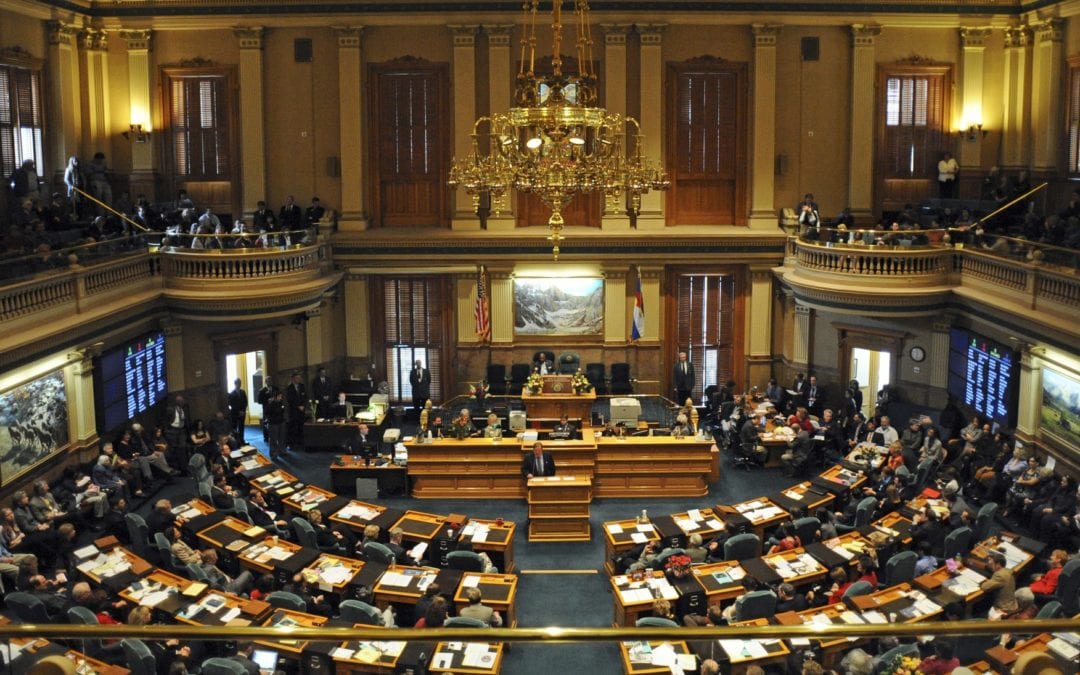Hello everyone,
It’s over! The second regular session of the 73rd General Assembly is finally over! The Senate adjourned sine die at 10:52 pm on Wednesday night followed by the House at 11:36 pm.
Our last remaining priority bill passed. House Bill 1029 (the PERA payback bill) passed with the compromise I outlined last week which includes the State paying PERA $380 million on July 1st. $225 million of this amount will be allocated to payback the cancelled payment in 2020. The remaining $155 million will be credited towards the scheduled 2023 payment (reducing the payment from $225 to $70 million). The CSPA together with our partners in SercurePERA view this as an important win as the State was not allowed to ignore its obligations under SB 18-200. It is important to note that this $380 million payment is in addition to the annual $225 million payment the State is required to make pursuant to SB 18-200 on July 1, 2022.
The last three days were not without drama. Late Monday night, it looked like some high-profile bills might die on the calendar. While House Republicans don’t have the votes to stop legislation with which they disagree, they do have the ability to slow down the legislative process. With only about 60 hours left before sine die, House Republicans used that power by asking that bills be read at length and extending debate on what otherwise seemed like noncontroversial bills. In fact, the House Republicans’ stall tactics caused the House to work through the night. Around 4:30 am Tuesday morning the tactics worked, and House Republicans secured a commitment from House Democrats to kill, amend and pass certain bills in return for House Republicans letting the legislative process continue. One bill the CSPA was monitoring died as a result. SB 138 was an omnibus bill dealing with climate change that required PERA to include climate-risk assessments in its annual investment stewardship report. Republicans had strong concerns about other sections of the bill. The House finally adjourned about 6:30 am Tuesday morning but was back on the floor at 11:00 am.
As of Tuesday morning, there were still approximately 200 bills pending. However, the legislative process started to move again and by Wednesday morning there were about 90 bills pending. Other bills impacted by the agreement reached between House Democrats and Republicans included narrowing the collective bargaining bill (SB 230), substantially changing the juvenile interrogation bill (SB 023), amending the School Finance Act (HB 1390) and an elections bill (SB 153), and passing a bill to require hospitals, nursing care facilities and assisted living centers to allow their patients and residents to have at least one visitor of their choosing (SB 053).
One of the highest profile bills on the session concerning fentanyl accountability and prevention was one of the last bills passed. There was disagreement about whether prosecutors should have to prove someone knew they possessed fentanyl for a felony. The final compromise included a provision allowing defendants to attempt to prove to a judge or jury that they didn’t know they possessed fentanyl. If the trier of fact determines the defendant did not know they possessed fentanyl it would be a misdemeanor rather than a felony. It is still up for debate whether this is a significant change since most cases will never go to trial.
In the end, there were 657 bills introduced during the 2022 legislative session – 418 in the House and 239 in the Senate. The Governor has until June 10th to sign, veto, or let bills become law without his signature.
Bill Skewes
Bill Skewes
Lobbyist



